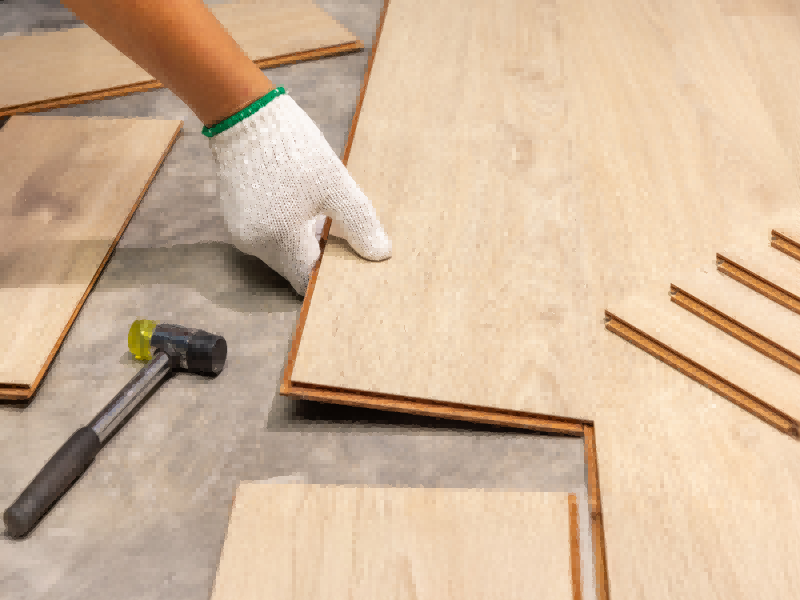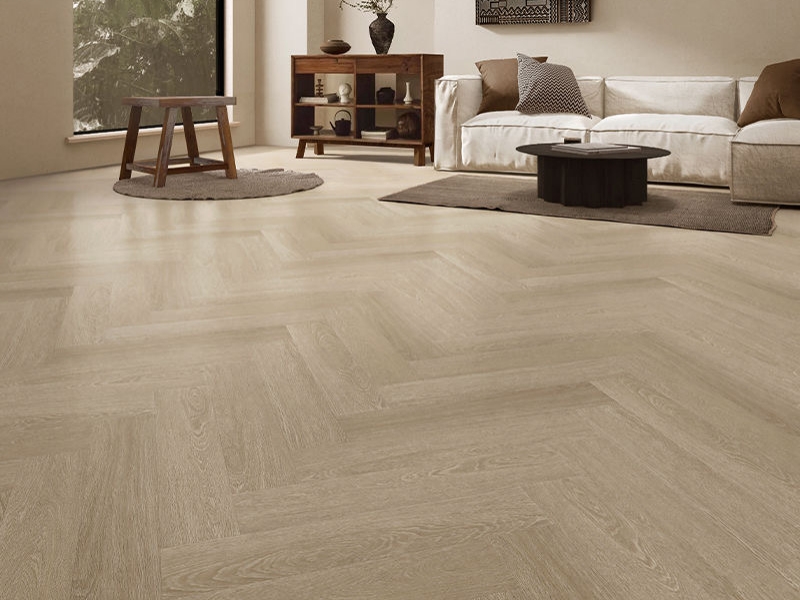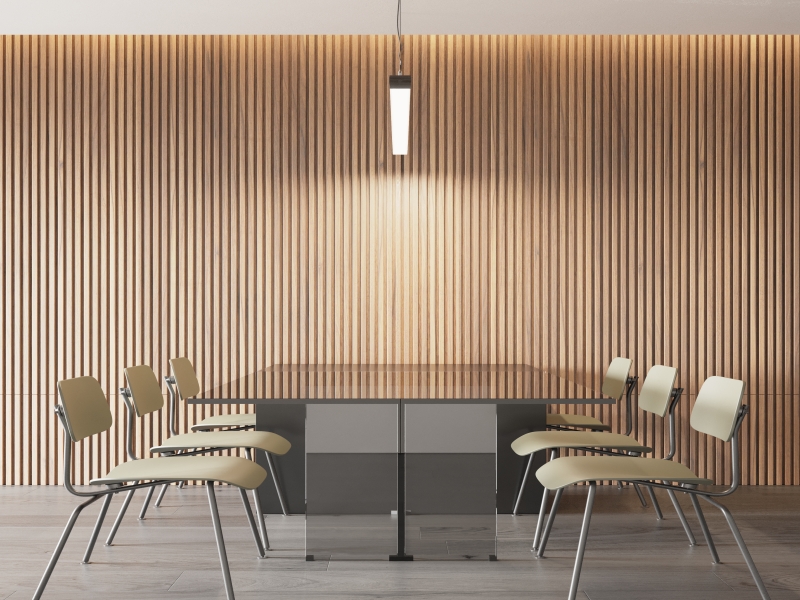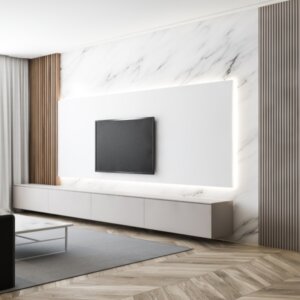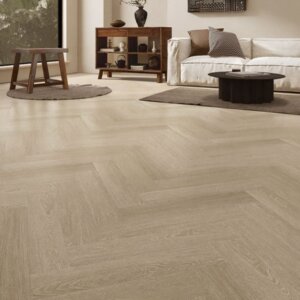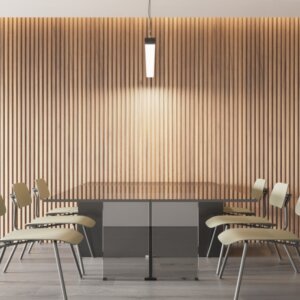Essential Insights into SPC Vinyl and Rigid Core Flooring
SPC vinyl flooring, often referred to as stone plastic composite flooring or rigid core luxury vinyl flooring, has transformed the flooring industry with its durability, versatility, and aesthetic appeal. Whether you’re exploring options like SPC click floor, SPC LVT flooring, or rigid core max 22 stone composite flooring, this innovative material offers a robust solution for both residential and commercial spaces. In this extensive guide, we’ll dive deep into everything you need to know about SPC vinyl flooring—from its composition and benefits to installation tips and comparisons with other flooring types like SPC vs. LVP flooring or SPC vs. WPC. Let’s explore why SPC flooring is gaining traction and whether it’s the right choice for your next project.
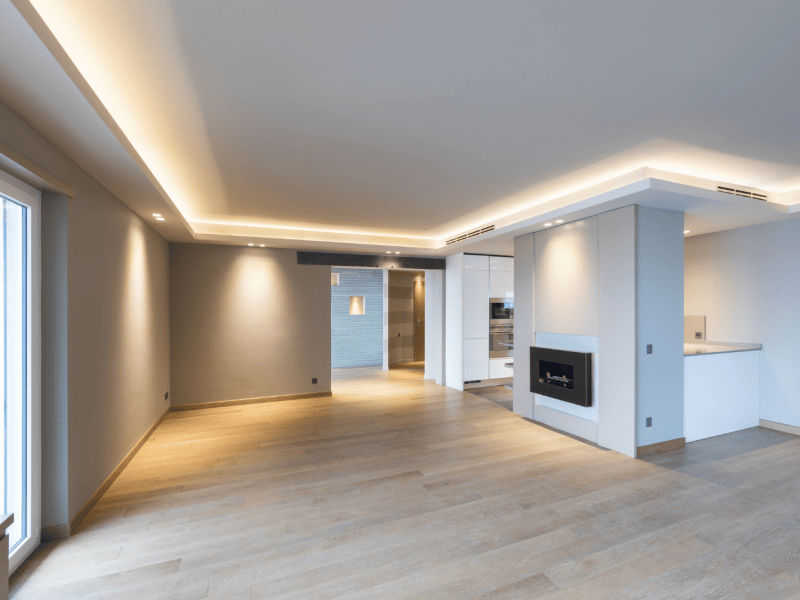
What Does SPC Stand For? Understanding SPC Vinyl Flooring
SPC stands for stone plastic composite or stone polymer composite, a term that highlights the unique core of this flooring type. In contrast to conventional vinyl floors, SPC vinyl boasts a sturdy core composed of limestone dust, PVC, and stabilizing agents. This combination creates a dense, stable foundation that sets SPC apart as the toughest vinyl flooring option for many applications. The structure typically includes a wear layer (often 22 mil or higher for added durability), a vinyl design layer mimicking wood or stone, the SPC core, and sometimes an underlayment for comfort and sound dampening. This clarifies the inquiry: “Does SPC flooring qualify as vinyl flooring?” Yes, it’s a premium subset of vinyl flooring, enhanced with stone-based rigidity. Available in forms like SPC tiles or planks, this flooring offers thickness options (e.g., 6.5mm vinyl plank flooring) to suit various needs, making it a standout in the world of vinyl floor SPC.

What is Rigid Core Flooring? A Closer Look at SPC Material
Rigid core flooring refers to a category of flooring with a solid, inflexible core that provides superior stability and durability. Commonly known as rigid core vinyl planks, SPC flooring exemplifies this idea through its core made of stone and plastic composite. Unlike flexible vinyl or laminate, the SPC core resists expansion and contraction, addressing questions like “does vinyl plank expand and contract?” SPC flooring exhibits negligible expansion and contraction due to its stone-infused makeup, rendering it completely waterproof and perfect for areas susceptible to dampness. Whether it’s SPC tile flooring or rigid core max 22 waterproof stone composite flooring, the material’s strength supports heavy traffic and uneven subfloors, offering a practical yet stylish solution.
SPC Vinyl Flooring vs. WPC Vinyl Flooring: Key Differences
When comparing SPC flooring to WPC (wood plastic composite) vinyl, the core composition is the primary distinction. The stone core in SPC delivers enhanced density and stiffness, whereas the wood core in WPC provides a more cushioned and cozy sensation when walked upon. SPC excels in stability, making it a top pick for environments with temperature fluctuations, whereas WPC might appeal to those prioritizing comfort. Both are waterproof, but SPC’s edge in durability makes it ideal for commercial use or high-traffic homes. Keywords like SPC vs. LVP flooring also come into play—LVP (luxury vinyl plank) lacks the rigid core, making SPC a step up in toughness.
Advantages and Disadvantages of Luxury Vinyl Flooring with a Rigid Core
SPC flooring boasts numerous advantages: it’s 100% waterproof, easy to install with click-lock systems (e.g., SPC click floor), and highly durable with options like a 22 mil wear layer meaning extra scratch resistance. It’s also low-maintenance and available in designs like SPC laminate flooring or stone core vinyl flooring. However, it may feel harder underfoot compared to WPC, and premium options (e.g., rigid core max 22 price) can be costlier. Is SPC flooring toxic? Typically, SPC flooring from trustworthy manufacturers adheres to safety benchmarks such as FloorScore, guaranteeing minimal release of volatile organic compounds.
Is SPC Flooring Good? Benefits of SPC Vinyl Flooring
SPC flooring shines with its waterproof nature, durability, and aesthetic versatility. From SPC flooring thickness options (e.g., 6.5mm) to UV-resistant vinyl flooring finishes, it’s built to last. It’s perfect for bathrooms, kitchens, or even outdoor-adjacent spaces, with easy maintenance via simple cleaning methods (how to clean SPC flooring). Plus, it’s eco-friendly in some cases, appealing to sustainability-focused buyers.
SPC Flooring Thickness and Wear Layers: What to Know
Thickness (e.g., is 6.5mm vinyl plank flooring good?) and wear layers (e.g., 22 mil) impact performance. Thicker SPC floors and higher mil ratings enhance durability, making them suitable for busy households or commercial settings.
How to Install Rigid Core Flooring: Step-by-Step Guide
Installing SPC flooring is DIY-friendly with its click-lock system. Acclimate the planks, prepare the subfloor, and use tools like a saw for vinyl flooring to cut rigid core vinyl plank flooring. Leave expansion gaps and follow manufacturer guidelines for best results.
How to Cut SPC Flooring: Tools and Techniques
Cutting SPC requires precision—use a utility knife or jigsaw for straight cuts and curves. Learn how to cut rigid core flooring safely to fit around obstacles.
SPC Flooring Underlayment: Do You Need It?
While some SPC products include underlayment for SPC flooring, adding SPC underlay can boost comfort and soundproofing, especially in multi-story buildings.
How to Clean SPC Floor: Maintenance Tips
Sweep regularly and mop with mild cleaners to maintain SPC vinyl flooring. Avoid harsh chemicals to preserve its UV-resistant finish.
SPC Flooring Colors and Styles: Design Options
From whitewash vinyl plank flooring to stone click lock flooring, SPC offers endless design possibilities to match any decor.
Is SPC Flooring Toxic? Safety and Environmental Concerns
SPC from trusted sources is safe, with certifications ensuring low toxicity. Check for FloorScore vinyl flooring credentials.
SPC vs. LVT and Rigid Core vs. LVP: Flooring Comparisons
SPC outshines LVT and LVP with its rigid core, offering better stability and durability for demanding spaces. While standard vinyl flooring uses a pliable PVC foundation, SPC vinyl employs a solid core engineered from a distinctive mixture of limestone particles, PVC, and stabilizing substances.
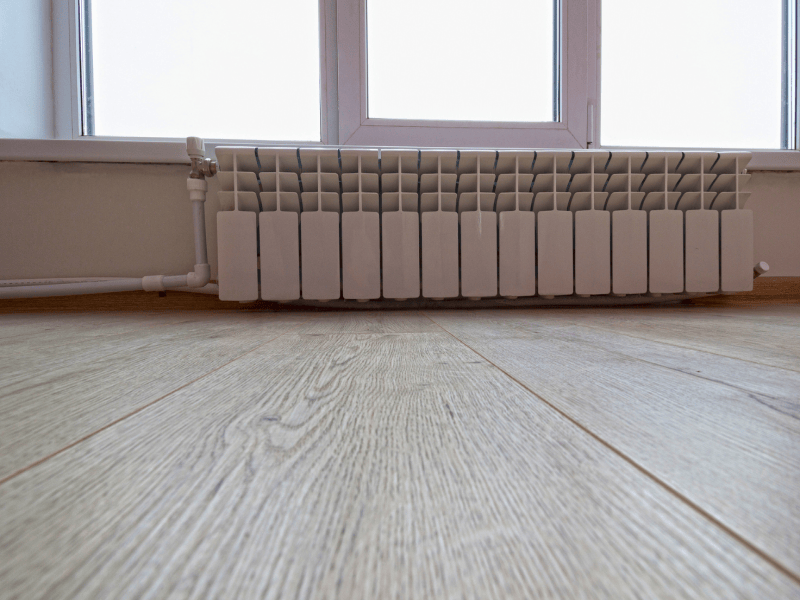
Best SPC Flooring Brands: What to Look For
Look for quality SPC flooring brands offering robust warranties, diverse styles, and eco-friendly options—without naming specific companies.
SPC Waterproof Flooring: Ideal Applications
Its waterproofing makes SPC perfect for bathrooms, kitchens, and basements, outlasting traditional vinyl in wet conditions. This protective coating shields the flooring’s exterior, allowing it to endure everyday usage and abrasion.
What Does SPC Stand For? Understanding SPC Vinyl Flooring
SPC vinyl flooring is rapidly becoming a go-to choice for homeowners and businesses alike, but what exactly does SPC stand for? SPC is an acronym for stone plastic composite or stone polymer composite, reflecting the innovative core that defines this flooring type.
While standard vinyl flooring is constructed with a pliable PVC foundation, SPC vinyl flooring stands out with a sturdy core designed from a special combination of limestone particles, PVC, and stabilizing agents. This stone-based composition gives SPC its hallmark rigidity, making it a standout in the category of rigid core luxury vinyl flooring.
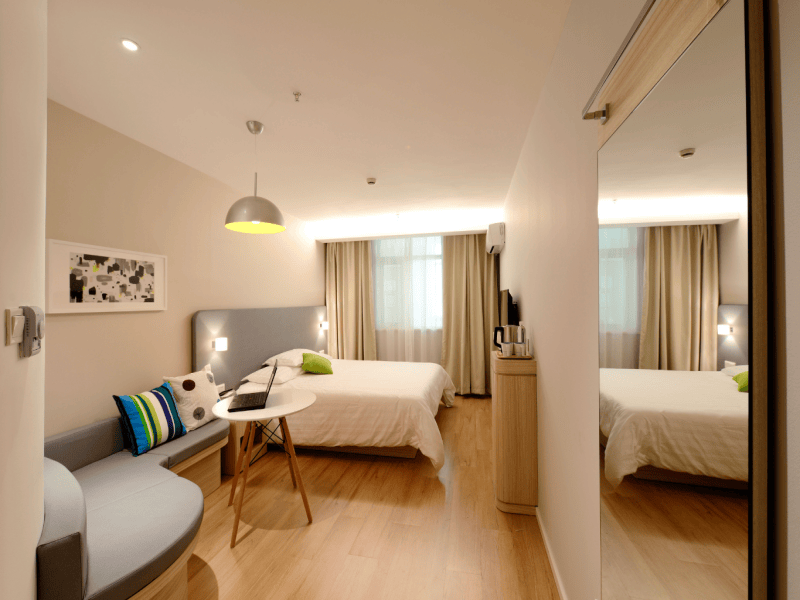
So, what is rigid vinyl plank flooring? SPC fits this description perfectly—it’s a type of vinyl flooring engineered with a solid, unyielding core that enhances its stability and durability. The structure of SPC flooring typically consists of multiple layers, each serving a specific purpose. At the top, you’ll find the wear layer, often ranging from 12 to 22 mil in thickness (with 22 mil wear layer meaning superior scratch and stain resistance). This protective coating shields the floor’s exterior, enabling it to withstand the rigors of daily use and wear.
Beneath it lies the vinyl layer, which features a high-definition printed design that can replicate the look of hardwood, stone, or tile—offering options like SPC tile or SPC LVT flooring.
The heart of SPC vinyl flooring is its SPC core, a dense, waterproof layer that provides exceptional strength and resistance to dents and scratches. This is what answers the question, “Is SPC flooring vinyl?” Yes, it’s vinyl, but elevated with a stone-plastic hybrid that sets it apart from standard vinyl flooring. Many SPC products also include an attached SPC flooring underlayment, adding cushioning and sound absorption for a more comfortable experience underfoot. Available in various forms—such as SPC tiles, SPC click floor planks, or even rigid core max 22 stone composite flooring—SPC offers flexibility in design and application.
One key advantage of SPC flooring is its thickness options, like 6.5mm vinyl plank flooring, which balances durability with ease of installation. Is 6.5mm vinyl plank flooring good? Absolutely—it’s thick enough to handle heavy traffic while remaining manageable for DIY projects. The SPC material also ensures minimal expansion and contraction, addressing concerns like “does vinyl plank need to acclimate?” While acclimation is recommended (typically 24-48 hours), SPC’s stone core makes it less prone to movement than other flooring types, making it ideal for areas with fluctuating temperatures or humidity.
From kitchens to commercial spaces, SPC vinyl flooring—sometimes called vinyl floor SPC or stone plastic flooring—delivers a blend of practicality and style. Its rigid core max 22 waterproof stone composite flooring variants are especially popular for their ability to withstand moisture, making them a top choice for bathrooms or basements. Whether you’re considering SPC flooring near me for a local project or exploring its global appeal, understanding its composition is the first step to appreciating its value.

